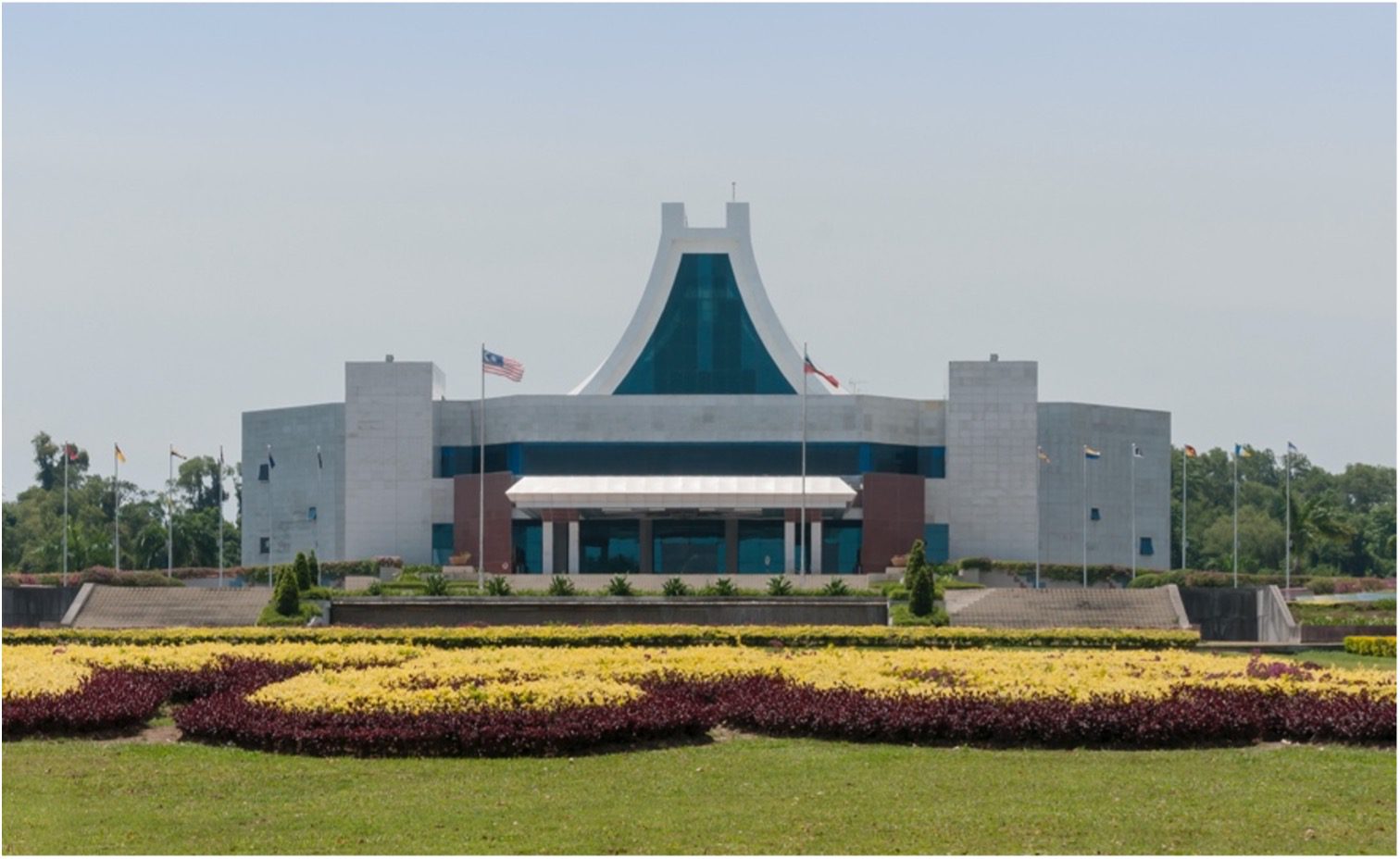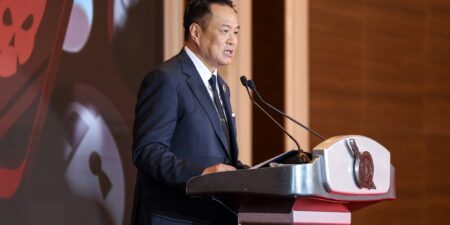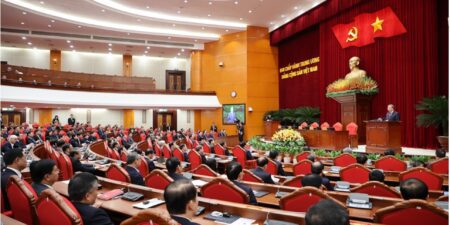
Malaysia’s Sabah State Election To Test PM Anwar’s Unity Government and Local Autonomy Push

Insights & News


An Early Election Looms in Unsettled Thailand
BGA Senior Adviser Thitinan Pongsudhirak wrote an update to clients on Thailand’s political environment. Thailand’s …

Africa’s Expanding Economic Ties With the Indo-Pacific
Africa’s economic engagement with Indo-Pacific countries has significantly expanded over the past decade — shifting …

Vietnam Communist Party Makes Critical Personnel Decisions Ahead of National Congress
The BGA Vietnam Team, led by Managing Director Nguyen Viet Ha, wrote an update on …
At BowerGroupAsia, we are committed to
delivering result-oriented solutions for our clients
We have proven track record of helping the world’s top companies seize opportunities and manage challenges across the dynamic Indo-Pacific region.
















